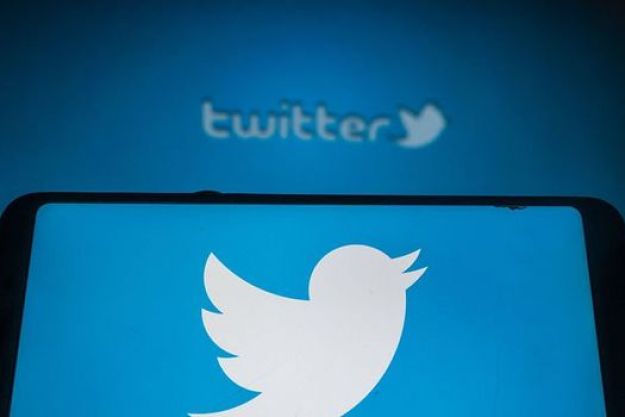It’s been years since those “Nigerian Prince” scams were popular, as email users grew savvy to the practice of requesting a few hundred dollars in return for a multi-million dollar fortune. But the scam has seen a resurgence on Twitter: Today’s savvy cybercrooks are creating fake celebrity accounts that ask for small cryptocurrency donations in return for the chance to be sent thousands of dollars worth of Bitcoins in return.
This new trend started gaining traction on February 1 and exploits the growing number of new cryptocurrency owners who jumped on the trend of growing investment in Bitcoin and other altcoins based on blockchain technology at the tail-end of 2017. In this scam, fake accounts pretending to be technology luminaries like Elon Musk or John McAfee promise to send followers as much 20 bitcoins, if only they send them 0.02 bitcoin in return. You can’t go wrong, right?
In one example cited by Wired, a scammer was able to trick Twitter users out of 0.184 bitcoins in just a few hours. Considering the investment was only time in creating the account and commenting on a few popular Tweets, that’s quite a quick way to earn around $1,500.

According to one researcher from the Dallas Hackers Association, much of this is about targeting those who were burned in the recent downfall of Bitcoin’s value. They bought high and are now stuck with an investment that hasn’t paid off anywhere near as quickly as they expected. That’s leading to knee-jerk reactions — and scammers are reaping the profits.
It’s not just Bitcoin that bad guys are looking to hoover up from opportunistic owners, however. A number of alternative cryptocurrencies were picked up as their value spiked in late 2017 too, so some scammers are instead going after altcoin investors with wallets full of Litecoin and Ethereum. But regardless of which cryptocurrency the scammers ask for, the methods are the same.
Sure, fake celebrity accounts are nothing new on Twitter, but the use of them to scam users may draw the attention of Twitter faster than most. The question is whether the potentially impending crackdown will be effective; as with the Nigerian Prince scam, this one is profitable and quick to set up. It could take a concerted effort to stop them. Will Twitter help us out?
Editors' Recommendations
- The best Bitcoin wallets to hodl, trade, and exchange crypto
- How to mine Bitcoin
- How to buy Bitcoin with PayPal
- Steve Wozniak sues YouTube, Google over Bitcoin scam videos
- How Coinbase stopped the Twitter Bitcoin hack from being even worse




